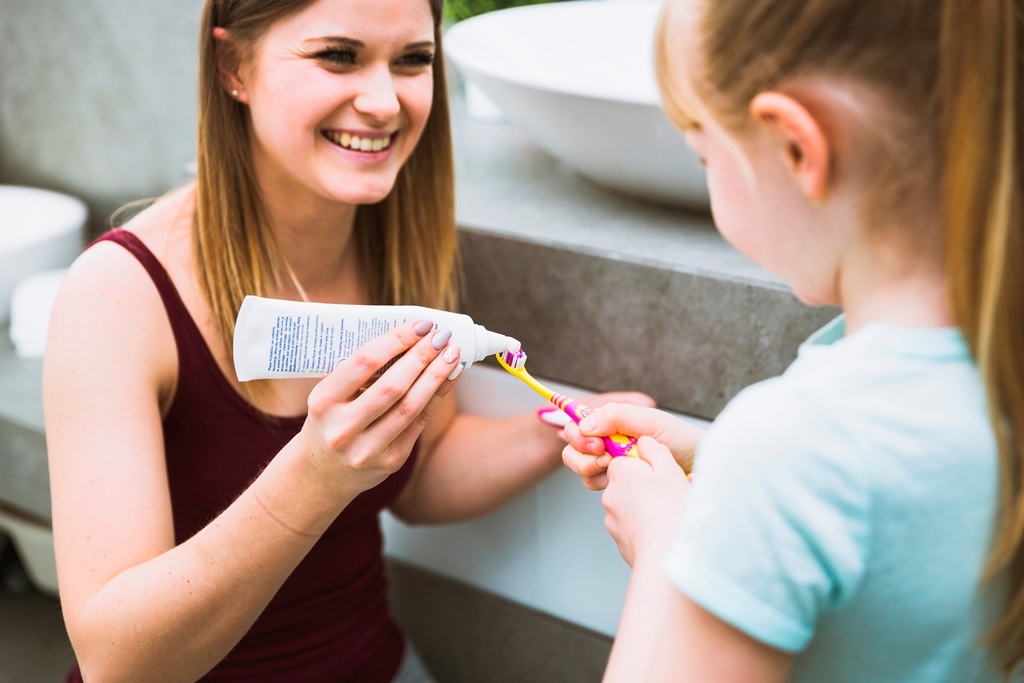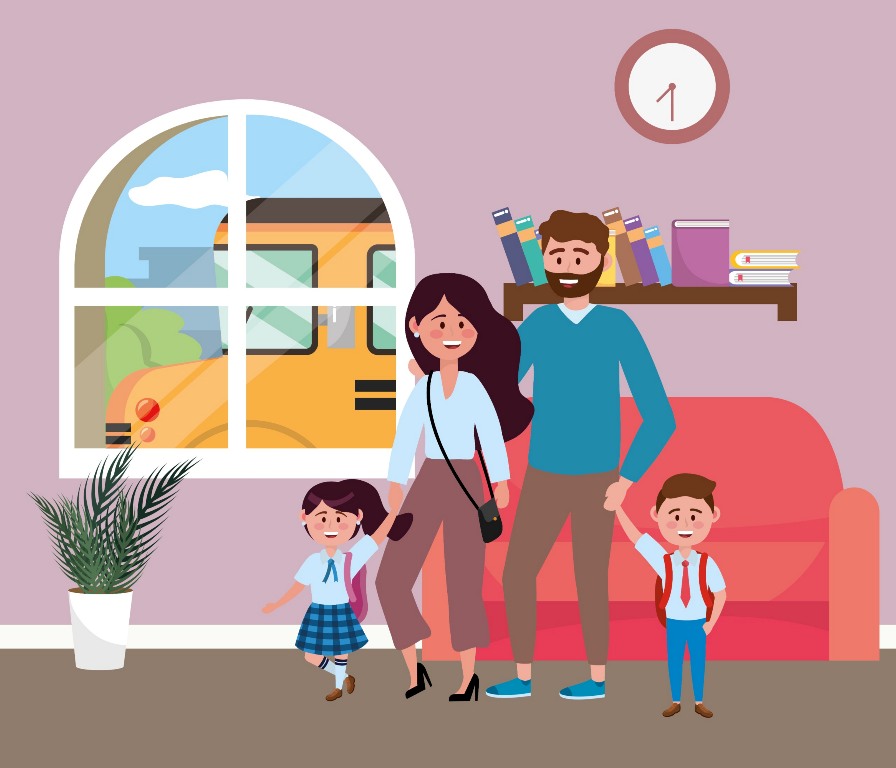Let's face it, school drop-off can sometimes be quite worrisome for both kids and parents. You know the scene: your child hanging on your leg, tear-filled eyes, perhaps even a complete meltdown. And you? You're standing there with your heart dropping, thinking, "How do I make this less difficult for both of us?"
If this reminds you of something, don't worry, you are not the only one. What your child is experiencing is known as Apart-time Worries, and it's a lot more prevalent than you'd imagine. Let's discuss what fear of separation is actually about, why it occurs, and most importantly, how drop-offs can be made easier for you and your kid.
What Is Separation Anxiety?
Simply put, it’s the fear or worry children feel when separated from a parent or caregiver. It’s completely normal and shows how much they love you. Though tough, especially for younger kids, it’s a healthy part of emotional development.
In separation anxiety in psychology, experts explain that this fear is rooted in a child’s attachment to their caregiver, a coping mechanism to keep them close. While this keeps children safe, it also makes saying goodbye during drop-offs hard.
Why Does Separation Anxiety Happen?
Kids feel safe when their day is familiar. And, when suddenly they go somewhere without their parents, a feeling of insecurity is there in them that kicks in and makes them feel as if their entire world has been turned upside down. Think about being somewhere new without your favorite person nearby; that is how they feel.
Here’s what’s going on inside their little minds:
Routine is their security blanket. When that gets disrupted, it can make them feel unsettled.
New locations and faces are intimidating. Everything is strange and somewhat fearful.
They rely on you to feel safe. Being separated makes them fear what might happen.
Their emotions are huge and authentic. Crying or hanging on is their attempt to deal with those overwhelming feelings.
Signs Your Kid Is Struggling with Apart-time Worries
You might notice signs such as:
Tears or clinging when it’s time to say goodbye
“I don’t want to go!” tantrums that come out of nowhere.
Complaints of tummy aches or headaches (which might be their anxiety talking)
Refusing to enter the classroom or hiding behind you
Asking you to stay longer or come back immediately
These are all ways kids try to express that big feeling inside, even if they don't have proper words to communicate it yet.
What Can We Do About It?
First off: breathe. You’ve got this. Here are some down-to-earth tips that help:
1. Talk It Out In Advance - Before you depart to go to school, discuss the cool things your child will experience. “Guess what? Today you get to paint!” or “I heard there’s a new story time today.” This helps shift the focus from the scary part (being apart) to the exciting part (school adventures).
2. Make Goodbye Quick but Loving - Drawn-out goodbyes can make the anxiety worse. Give a warm hug, say your special phrase (like “See you later, alligator!”), And remind them you’ll be back soon. Then, gently step away.
3. Keep Your Cool - Children are just great at noticing how you feel. If you appear nervous, they will be nervous too. So, although your heart may be breaking slightly, make an effort to remain calm and confident.
4. Create a Goodbye Ritual - Whether it's a secret handshake or a small wave from the door, rituals assist children in feeling secure and provide them with something predictable to grasp.
5. Celebrate Bravery - When your child walks into class without fuss, cheer them on! “I’m so proud of you!” goes a long way in building their confidence.
What If It Feels Like More Than Just Drop-Off Tears?
Sometimes, separation anxiety can feel deeper and linger longer; maybe your child seems anxious even after school or has trouble sleeping. That’s okay, too. It means they might need a bit more support. Talk to your child’s teacher or a child counsellor, and together you can find ways to make your child feel safer and more comfortable. Understanding that this is part of a developmental stage helps parents stay patient and hopeful.
Tips to Overcome Separation Anxiety Together
Here are some simple ways on how to deal with separation anxiety:
Practice short separations at home before school starts.
Read books or watch shows about starting school and friendships.
Stay positive about school and learning.
Communicate regularly with teachers to understand your child’s progress.
Celebrate every small victory, whether it’s a tearless goodbye or a new friend made.
Final Thoughts
It is a journey that parents, educators, and children share in managing apart-time worries at drop-off. It calls for patience, understanding, and empathy on all fronts. Keep in mind that it is a phase that will subside with your child becoming more confident and secure in their new setting.
If your little one is starting this new adventure, know that you’re not alone, and there are many ways to support your child through this.
Blue Bells Preparatory School is dedicated to providing a secure and loving environment where children will feel comfortable and enthusiastic about learning daily. Together, we can assist your child in overcoming their apart-time worries and creating a happy school experience.









